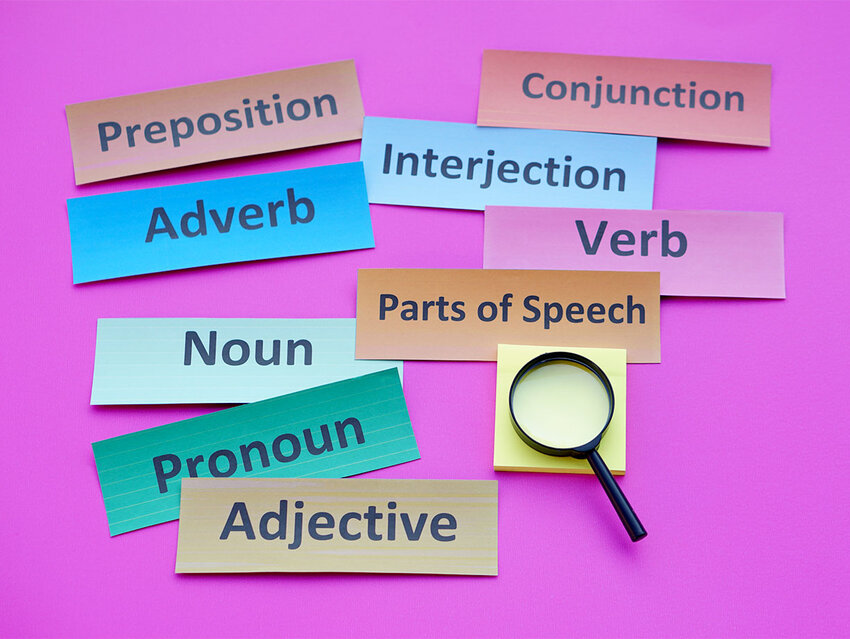
Analog
[AN-ə-lawg]
Part of speech: adjective
Origin: Greek, early 19th century
1.
Relating to or using signals or information represented by a continuously variable physical quantity such as spatial position, voltage, etc. (often contrasted with digital).
2.
Not involving or relating to the use of computer technology, as a contrast to a digital counterpart.
Examples of Analog in a sentence
"I prefer analog methods of playing music, such as a record player."
"People born after 2000 might not even know how to read an analog clock."
About Analog
The adjective "analog" is most commonly understood when contrasted with "digital." If a clock is not digital, the ticking hands mean it's analog. If email is digital communication, then stamping and sending a postcard is analog.
Did you Know?
Today's techies know "analog" as an adjective, but you might also see "analog" (or "analogue") used as a noun. In that usage, one thing is comparable to another. Coke is an analogue for Pepsi.








